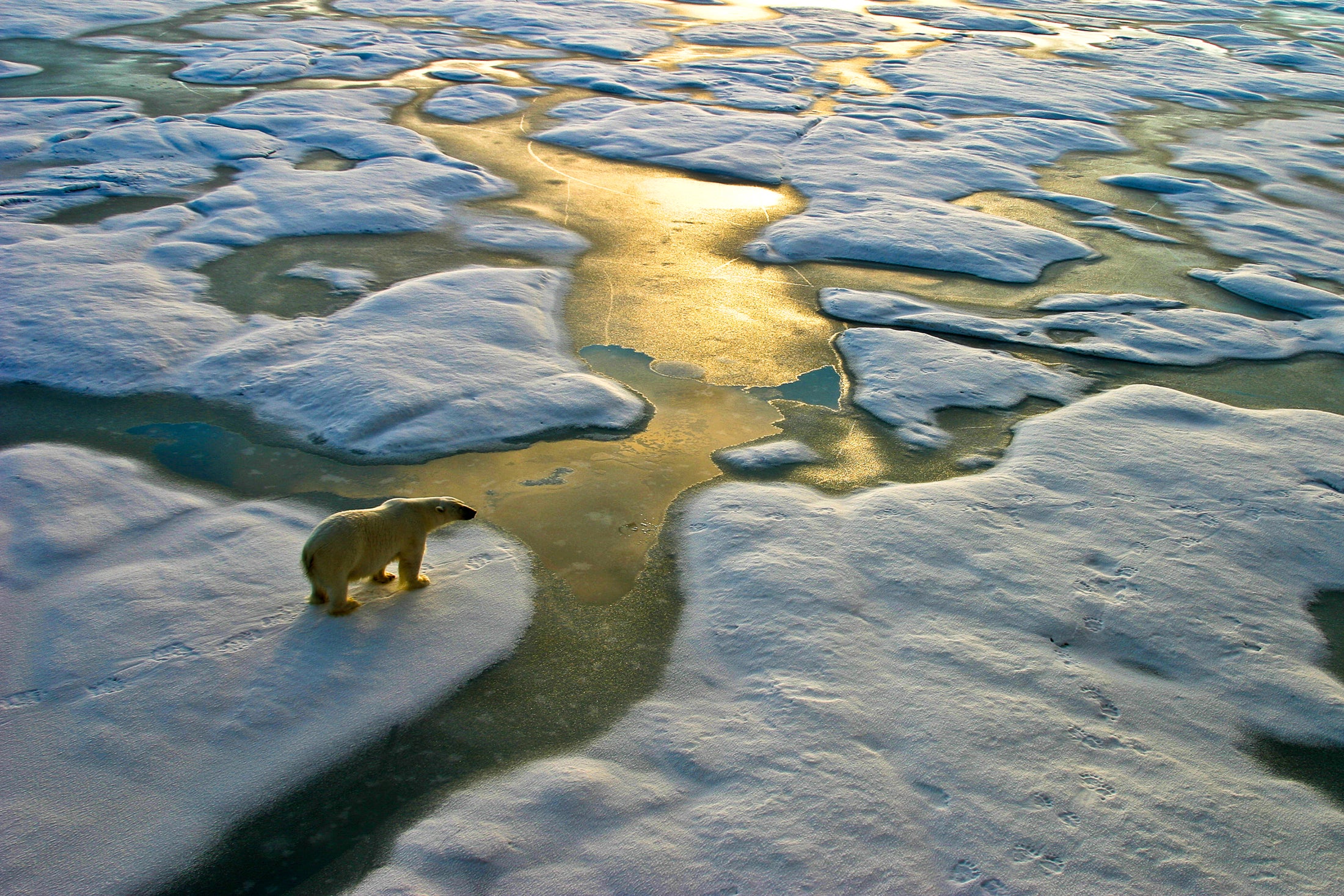Climate crisis warming up nights faster than days, research suggests
Higher temperatures could have ‘potentially significant implications’ for nocturnal species

The effects the climate crisis are causing nights to be “disproportionately” warmer than days in many parts of the world, researchers have said.
Night time warming was found to be more common than daytime warming in more than half (54 per cent) of the land surfaces across the planet, in a phenomenon described by scientists as “warming asymmetry”.
The study, published in the journal Global Change Biology, warned higher night-time temperatures could have “potentially significant implications” for nocturnal species.
A team of researchers from the University of Exeter looked at warming records for 1983 to 2017.
They found night-time temperatures were, on average, “disproportionately” warmer by more than 0.25C compared to daytime temperatures.
The researchers believe warming asymmetry is being driven primarily by clouds, which cool the planet’s surface during the day but retain warmth during the night, leading to greater night-time warming.
In contrast, a lack of clouds allow more warmth to reach the surface during the day, though the heat is lost at night.
Lead author Dr Daniel Cox, of the Environment and Sustainability Institute on Exeter's Penryn Campus in Cornwall, said: "We demonstrate that greater night-time warming is associated with the climate becoming wetter, and this has been shown to have important consequences for plant growth and how species, such as insects and mammals, interact.
"Conversely, we also show that greater daytime warming is associated with drier conditions, combined with greater levels of overall warming, which increases species vulnerability to heat stress and dehydration.
"Species that are only active at night or during the day will be particularly affected."
He added: "Warming asymmetry has potentially significant implications for the natural world."
Additional reporting by Press Association

Join our commenting forum
Join thought-provoking conversations, follow other Independent readers and see their replies
Comments